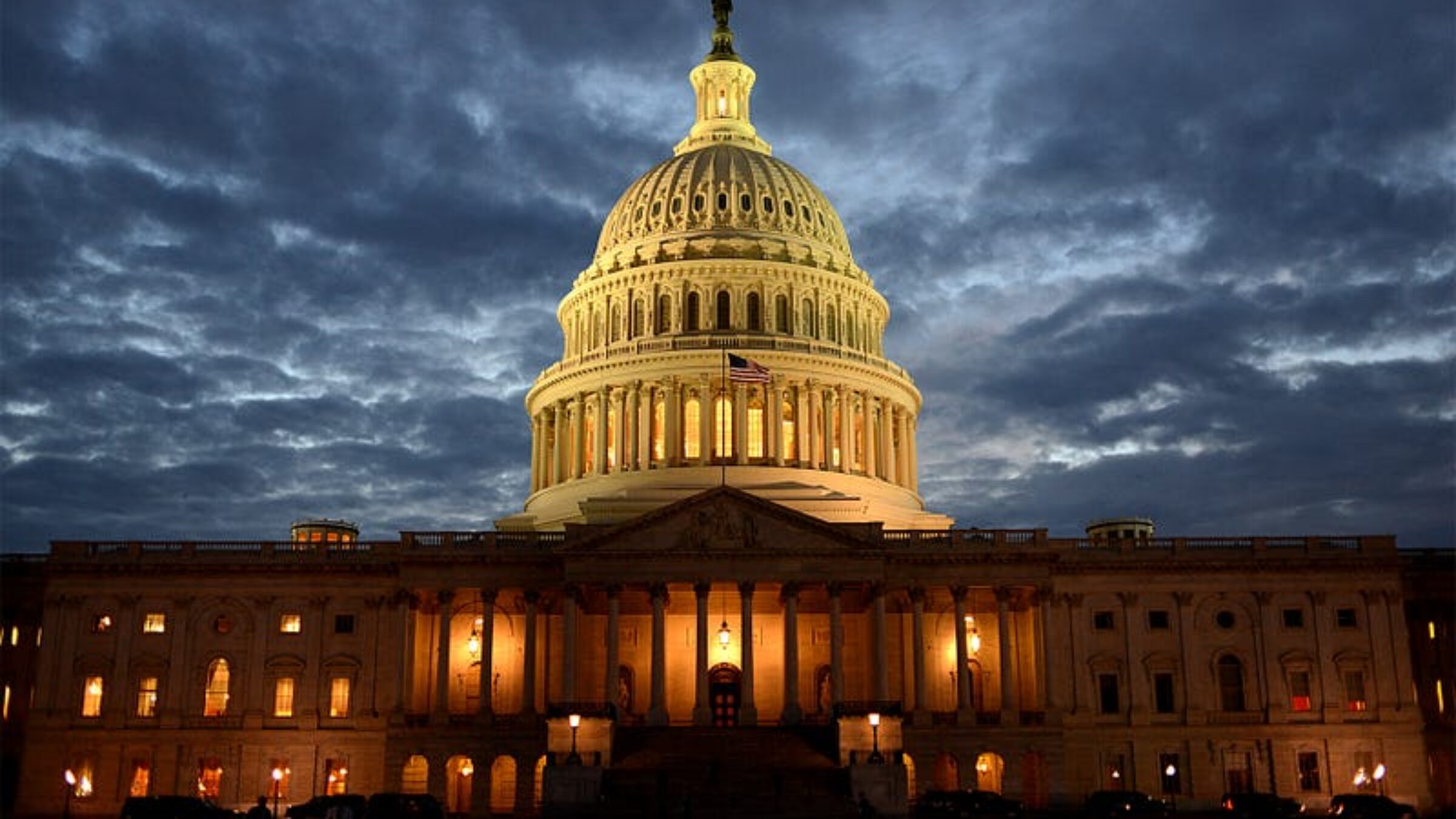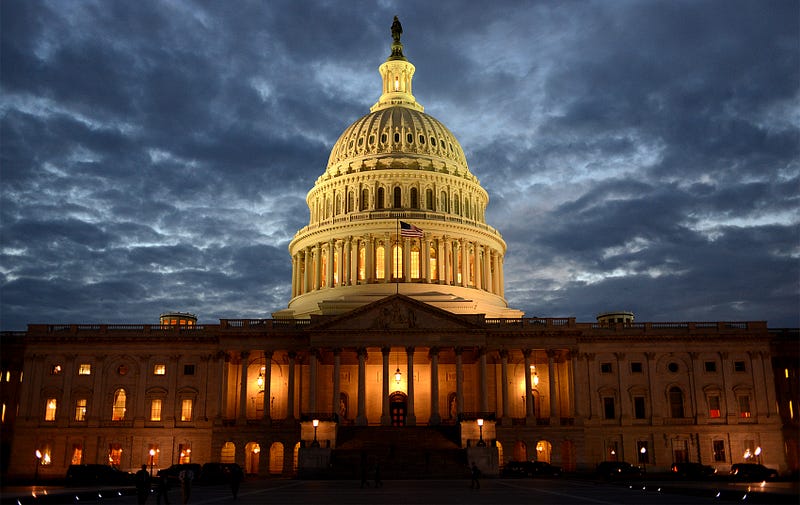Back to Basics: Rebuilding Trust Through Democracy Reform
February 5, 2018


It’s undeniable: trust in government is near historic lows. Lack of faith in government and our institutions has led to a drop in civic engagement, particularly amongst younger generations. According to Harvard IOP’s 2017 survey, 67% of millennials are fearful of America’s future, and just 14% believe our nation is headed in the right direction. Much of the current distrust stems from a system that seems broken and has not been fully brought into the 21st century.
However, a new trend is emerging among state legislators eager to change that. Young policymakers in state legislatures across the country are fighting to make government more accountable, transparent, and functional. In 2017, state legislators introduced a plethora of reform legislation across all 50 states.
The marketplace of ideas around solutions has never been more exciting. These ideas often have bipartisan support, and lead to rapid increases in Millennial civic engagement. The problem is not a lack of good policies, but a forum for young policymakers to identify, finetune, and share good ideas across state and party lines. So, in 2018, the Millennial Action Project launched the first-of-its-kind Democracy Reform Task Force, bringing together a bipartisan group of 12 legislators from 10 states to promote and experiment with innovative solutions to some of the most fundamental problems in our democracy.
The Democracy Task Force will focus primarily on three policy priorities: Redistricting, Access to Voting, and Government Accountability.
REDISTRICTING
Redistricting is the process of drawing boundaries for electoral and political districts in the U.S, but many districts are gerrymandered — a root contributor to partisanship and increasing political polarization. Drawing fair districts will create a more balanced government and a democracy representative of all Americans.
In most states, the state legislature has primary control of the redistricting process, both for state legislative districts and for congressional districts. However, many states are looking into alternative methods to drawing districts to create a fairer and less partisan system. These include the establishment of various types of redistricting commissions, redrawing maps by computer, and including a transparent and public input period during the process.
Currently, thirteen states have commissions with primary responsibility for drawing a plan for state legislative districts. Five states have an advisory commission that may assist the legislature with drawing the district lines and five states have a backup commission that will make the decision if the legislature is unable to agree. Iowa has established a unique, non-partisan system for redistricting.
This year, many state maps across the country are being challenged in the courts.
ACCESS TO VOTING
In 2018, Millennials became the largest generation, and by 2020 will be the largest voting bloc in America. Modernizing voter registration and leveraging technology will encourage a participatory democracy of young people, and ensure Millennials are making their voices heard in public policy.
States across the nation have already launched initiatives to expand access to voting. In 2015, Oregon passed the first automatic voter registration legislation in the country, automatically registering residents who interacted with the Department of Motor Vehicles. In 2017, 32 states have passed or are considering similar legislation. Additional efforts states have pursued to make registering to vote easier for residents include online and same day registration.
States are also expanding opportunities to vote through initiatives such as expansion of early voting, no-excuse absentee voting, increased accessibility of polling stations and ballots, and voting rights restoration.
In 2018, legislators in at least 22 states are working to expand access to the franchise. These types of reforms will make the ballot box more accessible to Americans, particularly young voters, and encourage civic engagement.
GOVERNMENT ACCOUNTABILITY
According to Pew Research Center, 80% of Americans distrust our government. By reducing corruption and increasing accountability through transparency, campaign finance reform, and electronic records, we can restore the public’s trust in our democracy.
One of the most widespread efforts around transparency and accountability in state legislatures involves leveraging technology. In 2017, Colorado introduced legislation bringing government transparency into the digital age by requiring public records be made available in searchable, sortable digital formats. In Indiana, legislators introduced a bipartisan bill that establishes a state data officer and management performance hub charged with collecting, analyzing, and disseminating state agency data.
States are also working to improve government by holding elected officials accountable through term limits. In New York, legislation was passed to set eight-year term limits for leadership positions in the Senate and Assembly.
Legislatures have also worked to reform campaign finance and make online spending disclosures more transparent. 23 states amended their campaign finance laws in 2017. States like Michigan, Washington, and Maine enacted restrictions on the use of public funds or resources during campaign; meanwhile, Delaware and Arizona redefined election cycles in order to better track contribution limits to political campaigns.
With consistent bipartisan momentum, issues of government transparency and accountability will continue to be on the forefront in 2018.






Join 1,900+ BIPARTISAN LEADERS NATIONWIDE
Be a part of a network of lawmakers committed to governing effectively, passing more representative public policy, and increasing public trust in democracy.